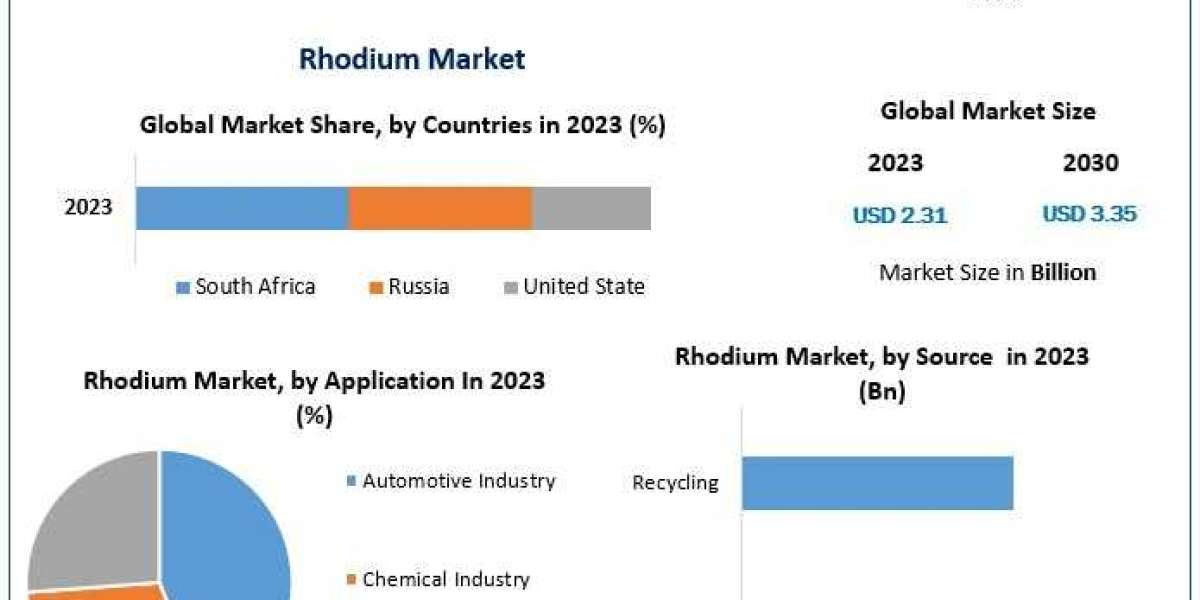Unlock the Secrets of Your Pregnancy Timeline: Discover Your Gestational Age Today!
Understanding your gestational age is a fundamental aspect of pregnancy that plays a crucial role in monitoring the health and development of both mother and baby. Gestational age refers to the age of the pregnancy, measured from the first day of the last menstrual period (LMP). Knowing this timeline helps healthcare providers assess growth, plan prenatal care, and prepare for delivery. It can also help expectant mothers make informed decisions about their health and wellness during this transformative period in their lives. For many women, learning how far along they are can bring both excitement and anxiety as they navigate the changes in their bodies and prepare for the arrival of their little one.

Understanding Gestational Age
Gestational age is typically calculated in weeks and is essential for tracking the progress of a pregnancy. It is defined as the time from the first day of the last menstrual period to the current date. This method of calculation assumes a regular 28-day cycle, with ovulation occurring about 14 days after the LMP. Many healthcare providers use this standard because it provides a consistent reference point, allowing them to better estimate due dates and monitor fetal development. However, it's important to note that not all women have regular cycles, and variations in cycle length can affect the accuracy of this method. Understanding your gestational age is vital, as it influences prenatal care, screening tests, and even decisions about when to administer certain vaccinations during pregnancy.
Calculating Your Gestational Age
Calculating your gestational age using your last period date is a straightforward process. Start by identifying the first day of your last menstrual period. From there, count the number of weeks that have passed since that date. For a precise calculation, here’s a simple step-by-step guide:
- Determine the first day of your last menstrual period.
- Count the number of weeks from that date to today. For instance, if your last period started 8 weeks ago, you are currently 8 weeks pregnant.
- For accuracy, consider any irregularities in your cycle. If your cycle is longer or shorter than 28 days, you may need to adjust your calculations accordingly.
- Consult your healthcare provider for confirmation and further assessments.
Additionally, many women find it helpful to maintain a pregnancy journal or use an app to track their weeks and symptoms as they progress through their pregnancy journey. A friend of mine, who recently became a mom, found that journaling not only kept her organized but also allowed her to document her feelings and experiences as she hit each milestone.
Using a Gestational Age Calculator
Online calculators and apps can simplify the process of estimating your gestational age. These tools typically ask for the first day of your last menstrual period and may also take into account the length of your menstrual cycle. After inputting this information, the calculator will provide you with your estimated gestational age in weeks and days, as well as your expected due date. Using these resources can be a fun way to engage with your pregnancy timeline, and many expectant mothers find them to be both helpful and reassuring.
Understanding the Pregnancy Timeline
The typical pregnancy timeline is divided into three trimesters, each with its own milestones and developments. Here’s a brief overview of what to expect during each trimester based on your gestational age:
- First Trimester (Weeks 1-12): This is a critical period for fetal development. You may experience symptoms such as morning sickness, fatigue, and hormonal changes. Key milestones include the development of the baby's organs and systems.
- Second Trimester (Weeks 13-26): Often referred to as the "golden period," many women experience relief from early pregnancy symptoms. The baby begins to grow rapidly, and you’ll likely start to show. This is also when many women undergo their anatomy scan.
- Third Trimester (Weeks 27-40): As the due date approaches, you may experience physical discomfort as your body prepares for labor. Monitoring fetal movements becomes crucial during this stage, and you’ll have more frequent check-ups with your healthcare provider.
Each pregnancy is unique, and while timelines can provide a general framework, it's essential to remember that individual experiences may vary. Staying informed about what to expect can help ease some of the anxieties surrounding pregnancy, enabling mothers to focus on the joys of bringing new life into the world.
Common Questions and Concerns
Many women have questions regarding the calculation of gestational age, particularly if they have irregular periods. Irregular cycles can complicate the estimation of due dates, as the standard calculations rely on a 28-day cycle. In such cases, it’s advisable to consult with a healthcare provider who may suggest alternative methods, such as ultrasounds, to determine gestational age more accurately. Another common concern is how stress or lifestyle factors may impact pregnancy timelines, which is why maintaining open communication with your healthcare team is essential.
Importance of Understanding Gestational Age
Understanding your gestational age is not only important for your own peace of mind but also crucial for monitoring the health and development of your baby. By keeping track of your pregnancy timeline, you can enhance your prenatal care experience and make informed decisions throughout this exciting journey. Remember, every pregnancy is unique, so embrace the experience and reach out for support when needed. Staying engaged with your pregnancy timeline can lead to better health outcomes for both you and your baby, ensuring you are well-prepared for the beautiful adventure ahead.



